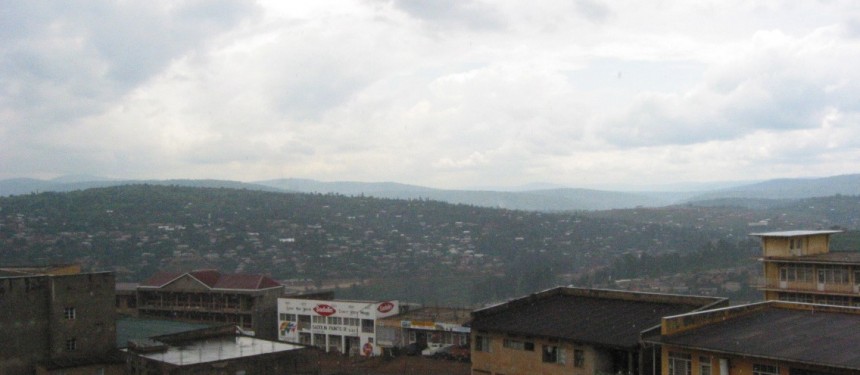Kenya, Rwanda and Uganda have struck a deal that will mean students moving to study between the three countries will pay local tuition fees, as part of a move to harmonise education in the East African Community (EAC). Previously, incoming students have paid international student fees priced in US dollars.
News and business analysis for Professionals in International Education
Have some pie!
Kenya, Rwanda, Uganda sign local fees agreement
 Kigali, Rwanda's capital city. Photo: Robert Guerra.
Kigali, Rwanda's capital city. Photo: Robert Guerra. This is the coalition’s latest move to encourage greater movement between the three countries
The agreement was created under the tripartite ‘coalition of the willing’, an economic partnership that has also produced a standard gauge railway, a refinery, a pipeline and energy projects since emerging last year.
This is the coalition’s latest move to encourage greater movement between the three countries, having abolished work permit fees in 2013 and launched the East African Single Visa to boost tourism, meaning that visitors will only need one shared visa to tour all three countries.
However, barriers still remain to harmonising education in the region. At the moment, there is no standardised credit transfer system (CTS) in place that would allow students to complete parts of their degree in another country.
Differing course lengths and curricula make for a blockage to creating a standardised CTS, as well as large disparities in teaching quality, which will have to be addressed before education systems across the three countries can integrate effectively.
The “absence of a regional quality assurance system, academic credit system, and qualification framework affecting harmonization of curricula and education systems” is one of the key threats to education harmonisation in the EAC laid out in the Inter-University Council for East Africa (IUCEA)’s 2011-2016 roadmap.
IUCEA, an intergovernmental body under the EAC, has said that the five countries that make up the EAC should have an effective CTS in place next year “to facilitate, among others, mobility of students and acquisition of knowledge and skills in academic programmes of universities in the region”.
The latest visa agreement however excludes Tanzania and Burundi, the EAC’s two remaining country members, and this has raised some concerns.
The deal was signed after the coalition’s latest meeting in Kampala, Uganda, on 20 February, ahead of this month’s High-Level Forum on Higher Education for Science, Technology and Innovation in Kigali, Rwanda.
“It is absolutely critical to invest more in high-quality science, technology, engineering and mathematics”
Speaking at the forum, Makhtar Diop, the World Bank’s Vice President for Africa, stressed the importance of regional partnerships in this endeavour, enabling universities to pool resources and expertise.
“It is absolutely critical to invest more in high-quality science, technology, engineering and mathematics education on the continent,” he said.
“We need to produce more graduates who can drive private sector competitiveness, find solutions to pressing development problems, contribute to faster and more inclusive growth in our African economies, and allow Africa to take its rightful place in the fully integrated global economy.”
To this end, Carnegie Mellon University in Kigali, Rwanda has been designated a regional training centre of excellence for ICT, the three countries’ leaders announced in a statement.
Still looking? Find by category:



5 Responses to Kenya, Rwanda, Uganda sign local fees agreement